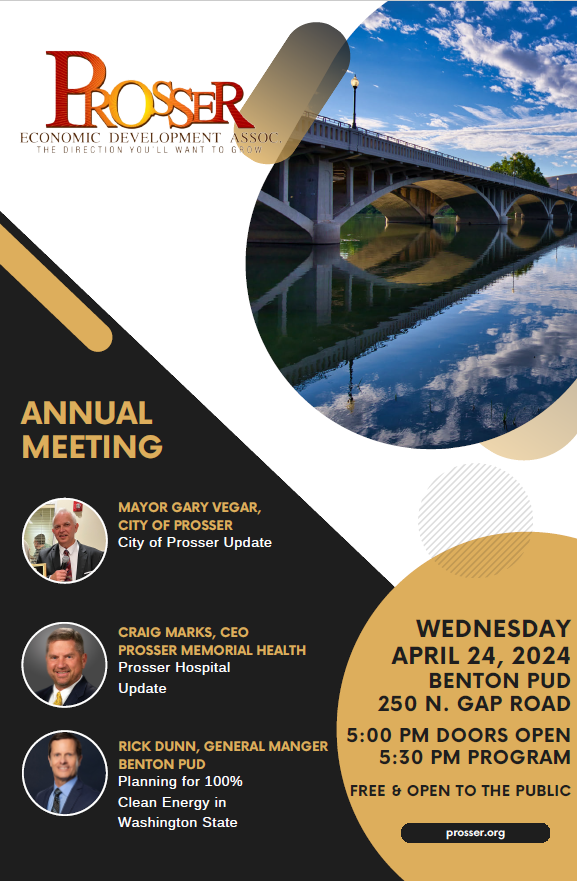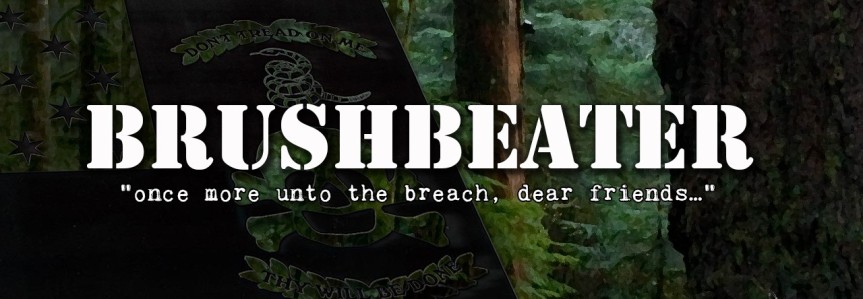Years ago, I moved from a somewhat larger small town (pop. 30,000) in upstate New York to a smaller small town (pop. 2,500) 15 miles east in order to establish a little homestead with gardens, fruit trees, and chickens. I found this three-acre property literally on the edge of town, a five-minute walk to the center of Main Street.
If you’ve been following this column on urban design the past year, you know I’ve said we’re entering an era of stark economic contraction that will change the terms of daily life in America, and one feature of it is that the action will shift from the big cities and sprawling suburbs back to America’s small towns. The COVID-19 virus has accelerated this trend, actually drawing a sharp dividing line between “then” and “now” that historians will recognize—but that many contemporary observers are missing.
My little town was badly beaten down when I got here in 2011 and actually sank a bit lower over the years since. The last Main Street shops that sold anything not previously owned shut down. The two last suppertime restaurants folded. The tiny local newspaper ceased publication, and the DOT put a concrete barrier across the tracks of the little railroad spur line, which hadn’t run trains, anyway, since the 1980s. The several factories on the river that runs through town—a tributary of the mighty Hudson—had all shuttered in the 1970s, and only one even still stands in the form of ruins, the rest demolished, wiped off the map and out of memory. In the century and a half previous, they’d gone through iterations of making textiles—first linen, which was grown here, then cotton, which was not—and then paper products (finally, and not without irony, toilet tissue).
What’s left in the town is a phantom armature of everyday life tuned to a bygone era with all its economic and social functionality removed, like a fine old piano with all its string cut. The bones are still there in the form of buildings, but the activities, relationships, and institutions are gone. The commerce is gone, the jobs are gone, the social and economic roles have no players, the places for fraternizing and public entertainment gone, the churches nearly empty. There’s a post-1980 shopping strip on the highway leaving the west end of town. That’s where the supermarket is (it replaced a 1960s IGA closer to the center, which replaced the various greengrocers, butchers, and dry goods establishments of yore on Main Street). There’s a chain pharmacy, a Tractor Supply, a pizza shop and a Chinese take-out place out there, too. The Kmart closed in 2017 and two years later a Big Lots (overstocked merch) took its place.
The local school system may be the town’s largest employer these days; it’s also the town’s leading levier of taxes. Some people drive long distances to work in other towns, even as far as the state capital, Albany, where jobs with good pay, real medical benefits, and fat pensions still exist—though you can’t claim they produce anything of value. Quite a few people scrambled for years with marginal small home-based businesses (making art, massage, home bakeries, etc.), but the virus creamed a lot of them. It’s hard these days to find a plumber or a carpenter. A few dozen farmers hang on. There is a lively drug underground here, which some can make a living at—if they can stay off their own product—but it’s not what you’d call a plus for the common good. Federal cash supports of one sort or other account for many of the rest who live here: social security, disability, SNAP cards, plain old family welfare payments, and COVID-19 checks (for now), adding up to a quasi-zombie economy.
In short, what appears to be a town now bears no resemblance to the rich set of social and economic relationships and modes of production that existed here a hundred years ago, a local network of complex interdependencies based on local capital and local resources—with robust connections (the railroad! The Hudson River and Champlain Canal!) to other towns that operated similarly, and even linkage to some distant big city markets. The question I’m building up to is: How do we get back to anything that resembles that kind of high-functioning society?
The answer is trauma, a set of circumstances that will disrupt all the easy and dishonest work-arounds which have determined the low state of our current arrangements. You can be sure this is coming; it’s already in motion: collapsing oil production due to the insupportable costs of the shale “miracle,” the end of industrial growth as we’ve known it, the limits of borrowing from the future to pay today’s bills (i.e., debt that will never be paid back), widespread household bankruptcy and unemployment, and the consequent social disorder all that will entail.
That reality will compel us to reorganize American life, starting with how we inhabit the landscape, and you can bet that three things will drive it: the necessity to produce food locally, the need to organize the activities that support food production locally, and the need—as when starting anything—to begin at a small and manageable scale. It will happen emergently, which is to say without any committee of experts, savants, or commissars directing it, because the need will be self-evident.
For now, the broad public remains bamboozled, distracted by the terrors of COVID-19, the uproars of race-and-gender tension, the dazzle of Federal Reserve hocus-pocus, the anxiety over climate change, and, of course, the worsening struggle of so many ordinary citizens to just keep paying the bills. When you’re in a ditch, you don’t call the President of the United States. You need a handful of friends and neighbors with a come-along.
That’s how it’s going to work to bring our small towns back to life. When the chain stores choke on their broken supply chains, some attentive persons will see an advantage in figuring out how to get and sell necessities by rebuilding local networks of supply and retail. Farming will be rescued from its artificially induced senility when the trucks stop delivering pallets of frozen pizza and Captain Crunch as dependably as they used to. And then the need for many other businesses that support farming and value-added production will find willing, earnest go-getters. The river still runs through town and it runs year-round, powerfully enough to make some things, if there was a reason to, and a will, and a way. And after a while, you’ll have a fully functioning town again, built on social and economic roles that give people a reason to think that life is worth living. Wait for it.









